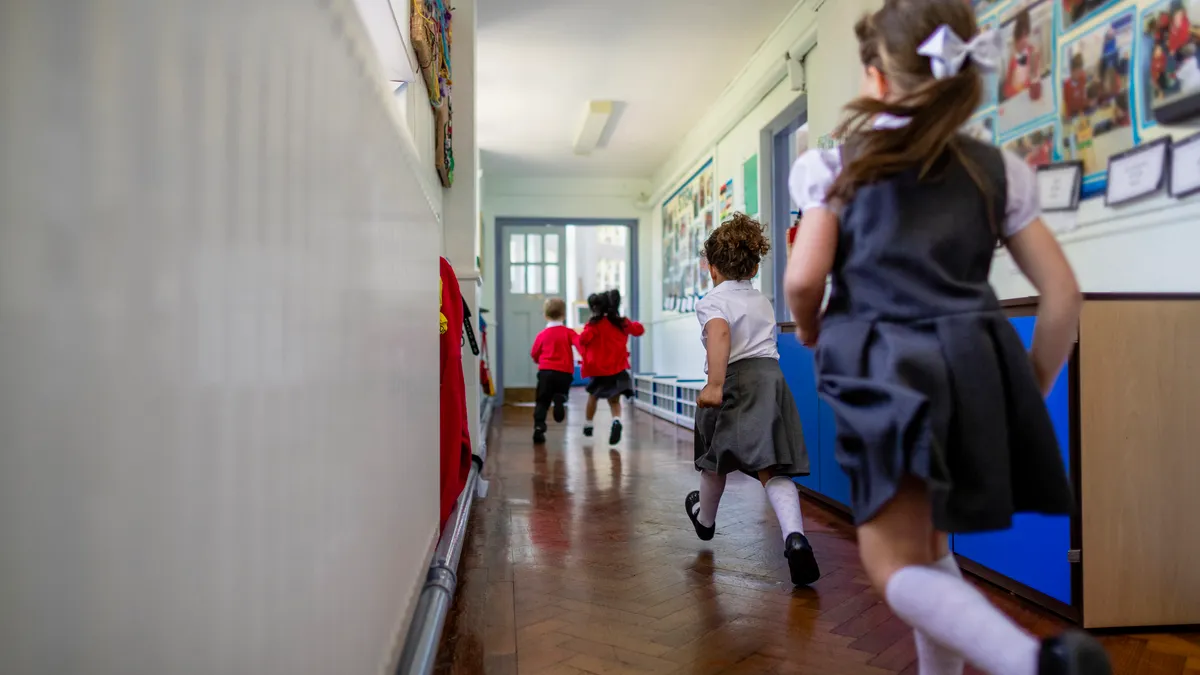Charter school funding has so far remained stable under the Biden administration, as requested by President Joe Biden and approved by Congress, despite uncertainty about the then-incoming president's support for charter schools.
During Biden's term, the U.S. Department of Education has requested and received $440 million from Congress for the Charter School Program grant every fiscal year. That request is in line with the expanded federal funding under former President Donald Trump, which steadily increased from $342 million in 2017 to $440 million by 2020.
The Biden administration’s investment in the program, mirroring Trump's final funding level, answers a longstanding question on what the administration's footprint would mean for a traditionally divisive issue in public education.
Prior to his election, the jury was out on whether Biden would support or restrict charter school expansion. Education professionals and charter school experts at the time were split, with some hoping he would support charters following significant enrollment spikes during the pandemic and others guessing he wouldn't expand the program.
Biden's steady requests lean toward the latter.
Upon Congress' approval last month, Nina Rees, president and CEO of the National Alliance for Public Charter Schools, said in a statement her organization was "disappointed that this vital program is flat funded for the fourth year in a row."
The unwavering funding for charter schools comes despite a report from the Government Accountability Office released in October 2022 showing about $152 million in CSP grants were awarded to charters that closed or never opened between fiscal year 2006 and 2020. Approximately 14% of charter schools, or 638 schools, that received the grant closed or never opened.
Additionally, a separate report released the same month by the Education Department’s Office of Inspector General showed states and charter management organizations have unspent federal funds from the grant. Grant recipients had only reached 51% of their goal of expanding or opening charter schools between 2013 and 2016. States specifically opened or expanded less than half of the 1,076 schools they had promised.
Although its funding has remained steady, the Biden administration did increase the oversight of the CSP program in 2022 through a final rule that makes it more difficult for charters seeking expansion to access federal funding. Those rules require charters to demonstrate "sufficient demand" for a charter school, among other new guidelines.
Those rules have received pushback from national lawmakers and charter school advocates.
The steady funding of charter programs comes after public school advocates' fears that traditional schools will have to compete with charter schools, among other choice programs, over both increased student enrollment and funding. That concern grew after COVID-19 pandemic building closures led some parents to choose charters.
Between the 2019-20 and 2021-22 school years, charter schools experienced a 7% increase in enrollment, according to the National Alliance for Public Charter Schools. In the same time period, public school enrollment declined by around 3%.
However, a poll released last month by Morning Consult shows that of 1 in 4 parents reporting they had at least one child who switched between school types, students were more likely to have left virtual and public charters than to be entering them.













